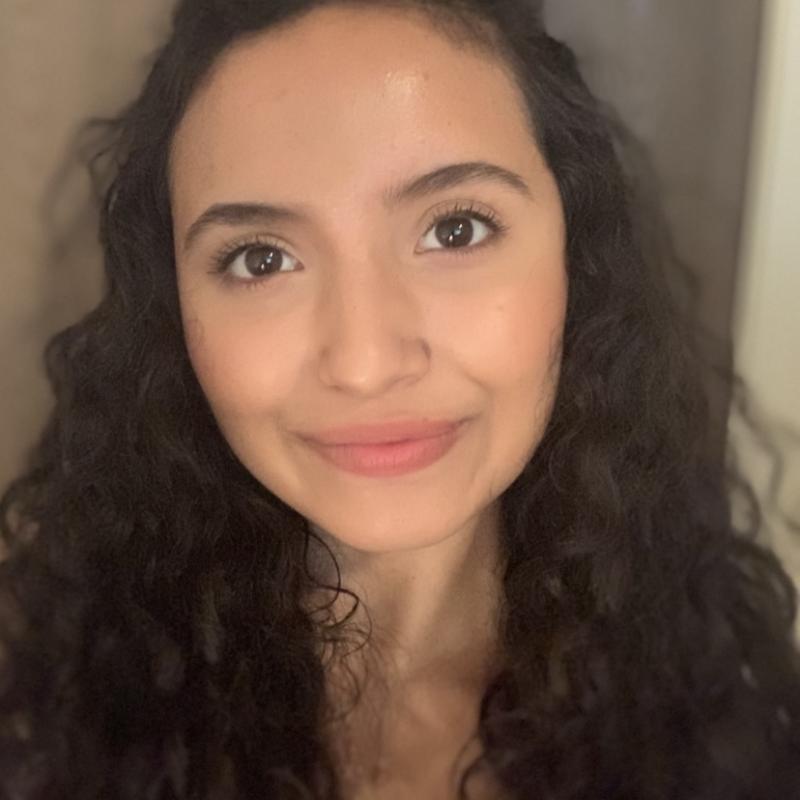Community Health Work in the Central Valley
My name is Luz Jaramillo and I was raised in the Central Valley in California. This past year I served as a COVID community health worker and Population Health Representative at Community Medical Centers in Stockton. Having graduated college during the start of the pandemic, with a major in public health, I took an interest in learning more about communicable diseases. My interest was specifically the covid virus, as it evolved rapidly, with a high transmission rate and affected so many people around the world. I found that serving in a clinical setting was a great balance in serving the community and developing skills that could help me professionally and enable me to eventually pursue a Masters in Public Health. I probably wouldn't have ever sought for myself a CPR class, a training on how to handle trauma, training at a clinical site, or a call representatives' script to schedule appointments. What I do know is that the many things I thought I could never do are now something I can look back on and say I did that as an Americorps member.
As part of CMCs wonderful COVID team I was able to travel to different community sites and events to help patients complete their paperwork to receive their vaccines. Oftentimes the majority of our patient demographic was Latino and Hispanic, with minimal to none English speaking. I would try to the best of my abilities to speak Spanish, answer questions, and translate the nurse's instructions for post vaccine care to the patient. My favorite instances were when patients who heard me speaking Spanish or their children would feel comfortable enough to come up and ask me questions. As a child, I would often be the interpreter for my parents, asking questions to someone who spoke Spanish. Having had the same experiences, I felt lucky enough to try to be of any assistance to anyone who needed it. Language is one of the biggest barriers to receiving access to care in communities and being part of CMC where the majority of providers, medical assistants, Physician assistants, nurses, social workers, nutritionists, health educators and outreach representatives speak different languages made me so grateful to be a part of the clinic.
The population health department is a great example of outreaching the community and providing necessary preventative services. They engage with members, new or established with CMC who want to schedule appointments with their providers. With the team, I scheduled appointments for adult and child physicals, cervical cancer screenings, breast exams, and vaccines. I spoke with hundreds of people, across different backgrounds and ages, all seeking different services for their health. Working in the population health department taught me that routine care is so important for everyone's health. Having a discussion with your providers is one of the best investments you can make for your health. Cervical cancer screenings and breast exams can help with early detection, assigned blood work at routine physicals can point out any serious health issues or vitamin deficiency, and vaccines can help keep yourself and loved ones safe.
This experience has made me more aware of my abilities to provide for others and how a simple willingness to help can have a resounding impact on your community. Having served as an Americorps member at a Federally Qualified Health Center, you see the different struggles in your community and the need there is. I was grateful to be an addition to a clinic that provides care and reaches thousands of patients each day.
